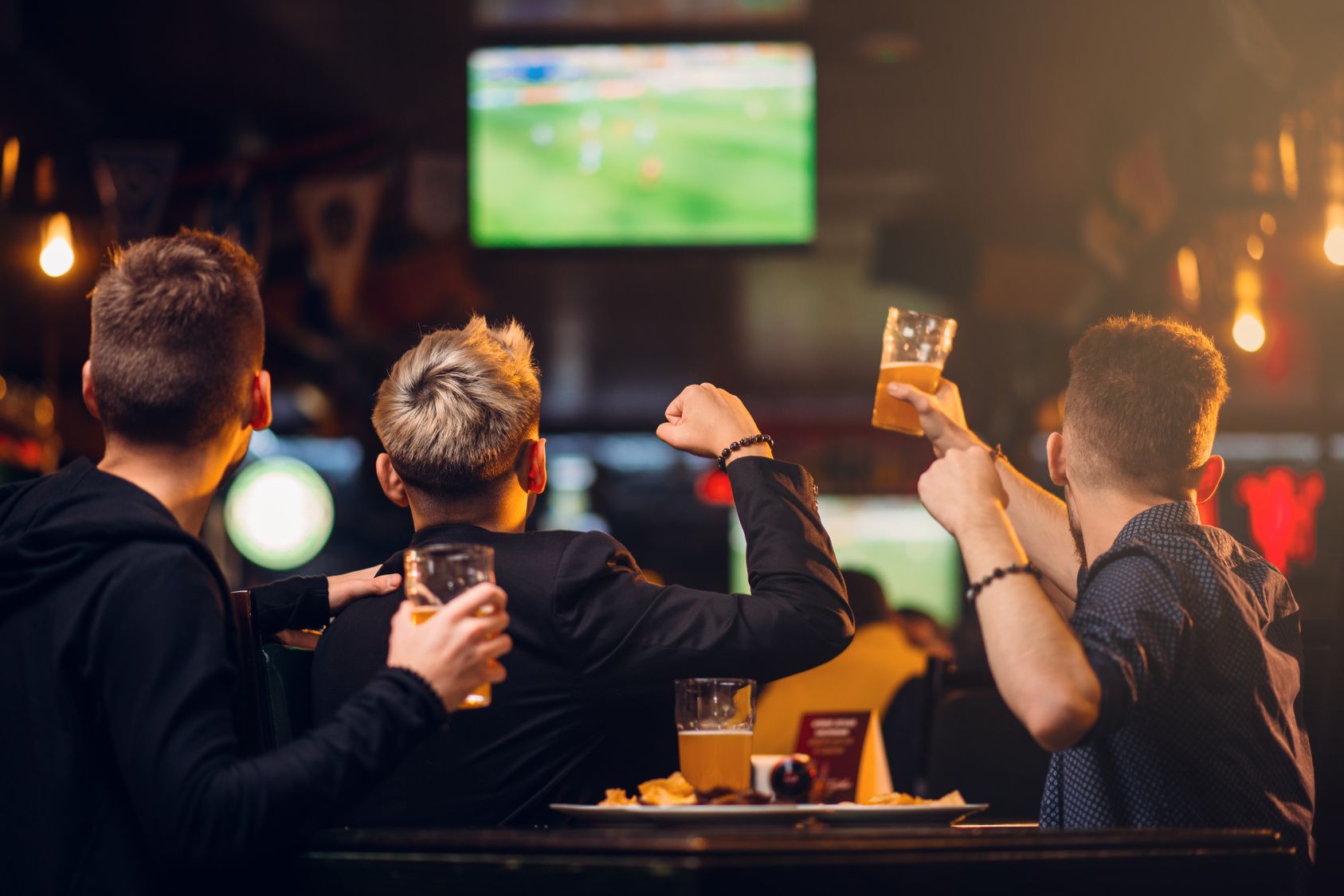
(Vienna, 12 June 2018) The 2018 World Cup will kick off this coming Thursday with the game between the host, Russia, and Saudi Arabia. Just a little over four weeks to watch football with friends or visit public viewings. Exciting games that give you a thirst. But be careful when consuming sugary soft drinks: the well-known drinks from adverts have been scientifically proven to make you fat. This is the result of a study conducted at MedUni Vienna's Center for Public Health. At the same time, a further study showed between 2010 and 2017, the industry reduced the sugar content and the use of artificial sweeteners in drinks for the Austrian market.
"Water is and always will be the healthiest thing to drink," emphasises Maria Wakolbinger, nutritional scientist from the Center for Public Health at MedUni Vienna. However, if you can't do without flavour in your drinks, then, from a health point of view, you can add water to soft drinks and fruit juices in the ratio of at least 1:3 (1 part soft drink, 3 parts water). The same applies to shandies made from mineral water and beer, which are becoming increasingly popular.
Three games will be played on some days of the World Cup. And so you can save a huge number of calories by drinking "spritzers" instead of lemonade or pure fruit juice while watching television. Says Wakolbinger: "Half a litre of lemonade contains on average more than 200 calories or the equivalent of 18 sugar cubes but, if you mix that in a ratio of 1:3, then it is only 50 calories or 5 sugar cubes for the same quantity." Wakolbinger also points out that, if you get used to drinking "spritzers", your taste will gradually adapt and that will have a beneficial effect upon your health.
According to the SIPCAN beverage list, the drinks industry reduced the average sugar content in beverages by 13.3% between 2010 and 2017. A step in the right direction, according to Wakolbinger: "Our supermarkets already carry alternatives to highly sugared drinks, namely a huge assortment of sparkling lemonades and fruit juices, so we are well ahead of many countries in that respect." The MedUni Vienna expert believes that a sugar tax on drinks, such as has been introduced in the UK, does not go far enough: "In order to be really effective, the tax should also cover sweeteners." Political measures should be taken to help reduce the sugar, fat and salt content of food and to encourage people to eat healthy foods.
And, of course, it is not just of matter of what football fans drink during the World Cup but also what they eat – and their standard fare is quite heavy: a litre of beer contains 210 calories, a whole pizza up to 900 calories, and a hamburger around 700 calories per portion. If this is followed by a bag of crisps, that adds a further 500 calories or more – and any amount of fat. However, MedUni Vienna nutritional scientist Karin Schindler stresses that there are delicious alternatives to help you retain your "bikini figure" even after the World Cup Final on 15 July. Her tips include: "Vegetable sticks with yoghurt dips, lean meat with vegetables or salad – and unsalted nuts instead of fat-laden crisps."
About SIPCAN
SIPCAN (Special Institute for Preventive Cardiology And Nutrition) was set up in 2005 as an initiative to promote healthy living. As an independent, scientific institute of preventive medicine, SIPCAN is supported by a scientific expert committee from medicine and related disciplines, including experts from MedUni Vienna. Using the SIPCAN checklists for beverages and milk, it is easy to check what makes you fat and what doesn't: https://www.sipcan.at/getraumlnkeliste.html
Studies:
"Sugar-Sweetened Beverages and Weight Gain in Children and Adults: A Systematic Review from 2013 to 2015 and a Comparison with Previous Studies." Maria Luger (Wakolbinger), Max Lafontan, Maira Bes-Rastrollo, Eva Winzer, Volkan Yumuk, Nathalie Farpour-Lambert.
DOI: 10.1159/000484566. https://www.ncbi.nlm.nih.gov/pubmed/29237159
"Gradual reduction of free sugars in beverages on sale by implementing the beverage checklist as a public health strategy." Maria Luger (Wakolbinger), Manuel Schätzer, Sabine Dämon, Nadine Moser, Karin Blagusz, Barbara Rittmannsberger, Julia Schätzer, Monika Lechleitner, Anita Rieder, Friedrich Hoppichler. DOI: 10.1093/eurpub/cky039. https://www.ncbi.nlm.nih.gov/pubmed/29554259